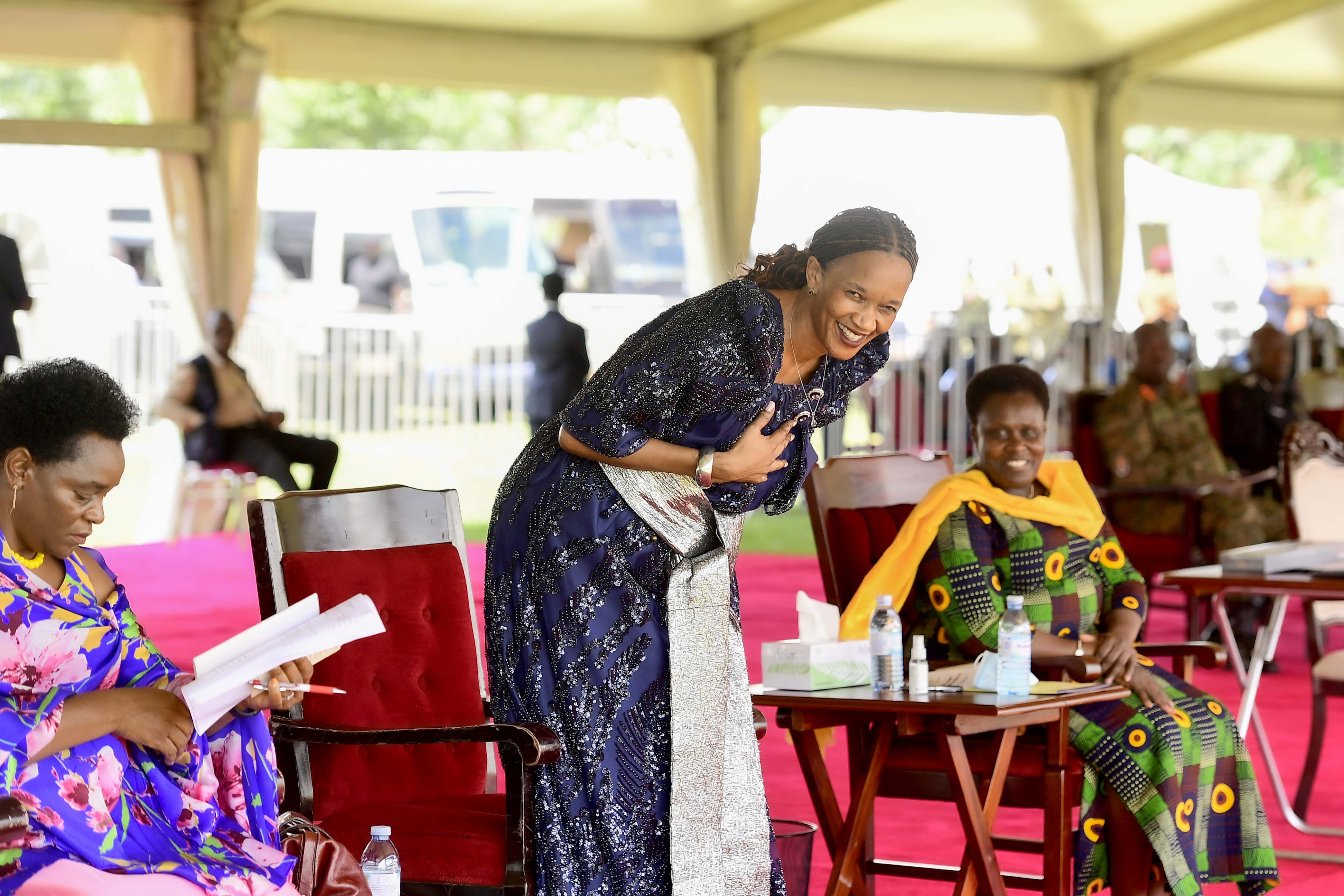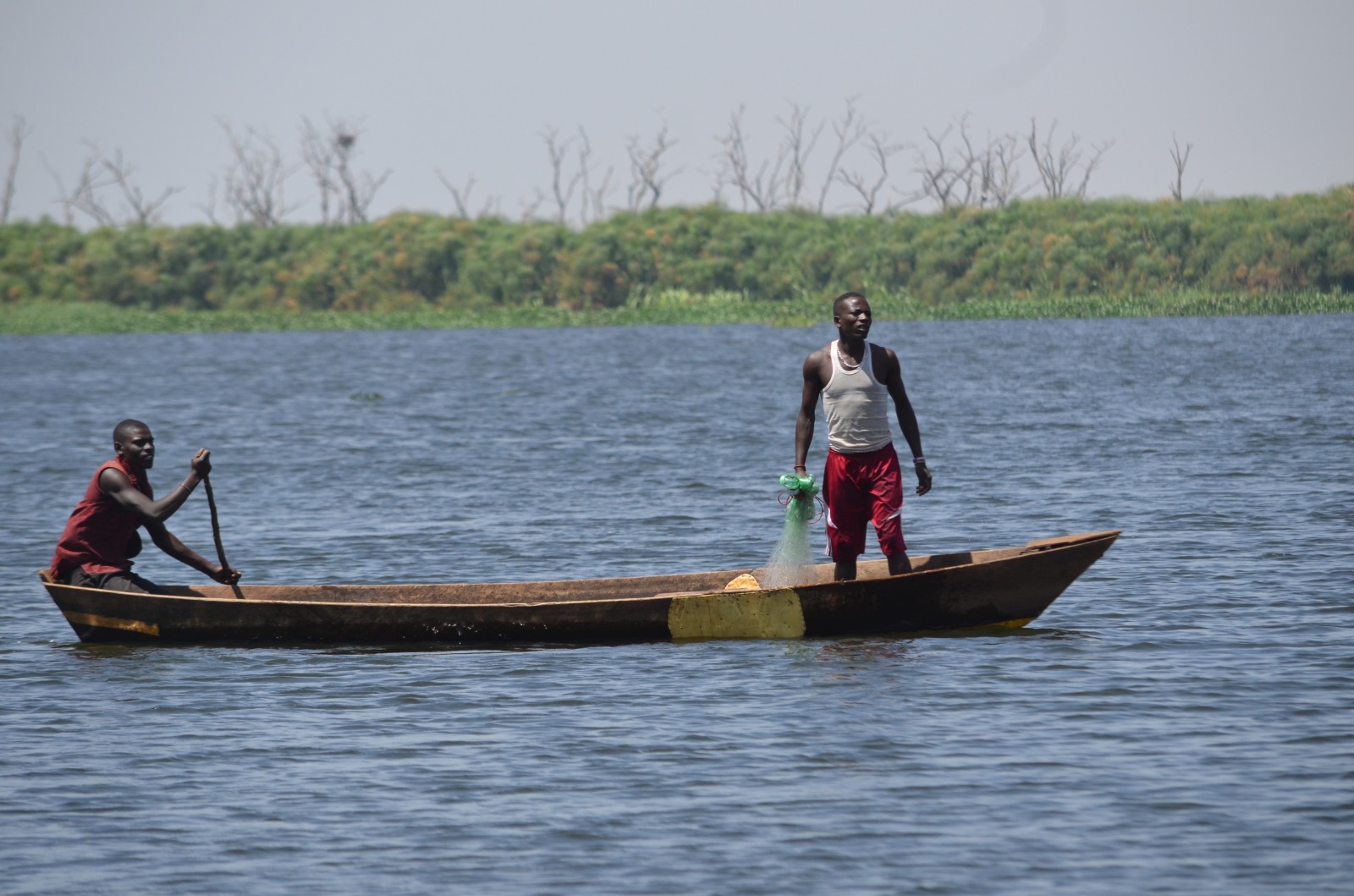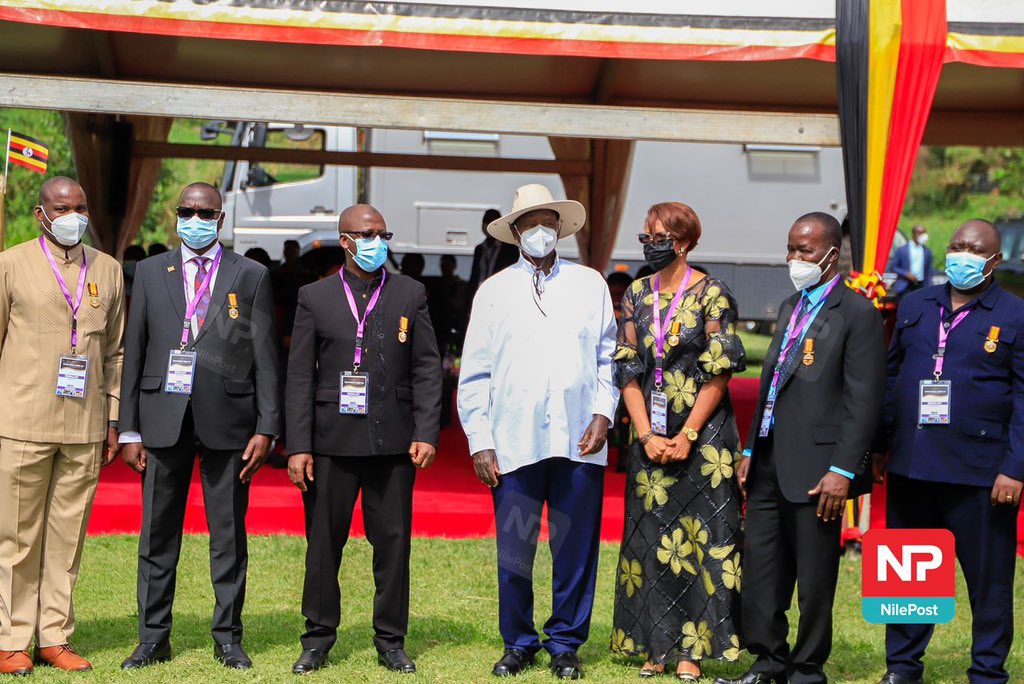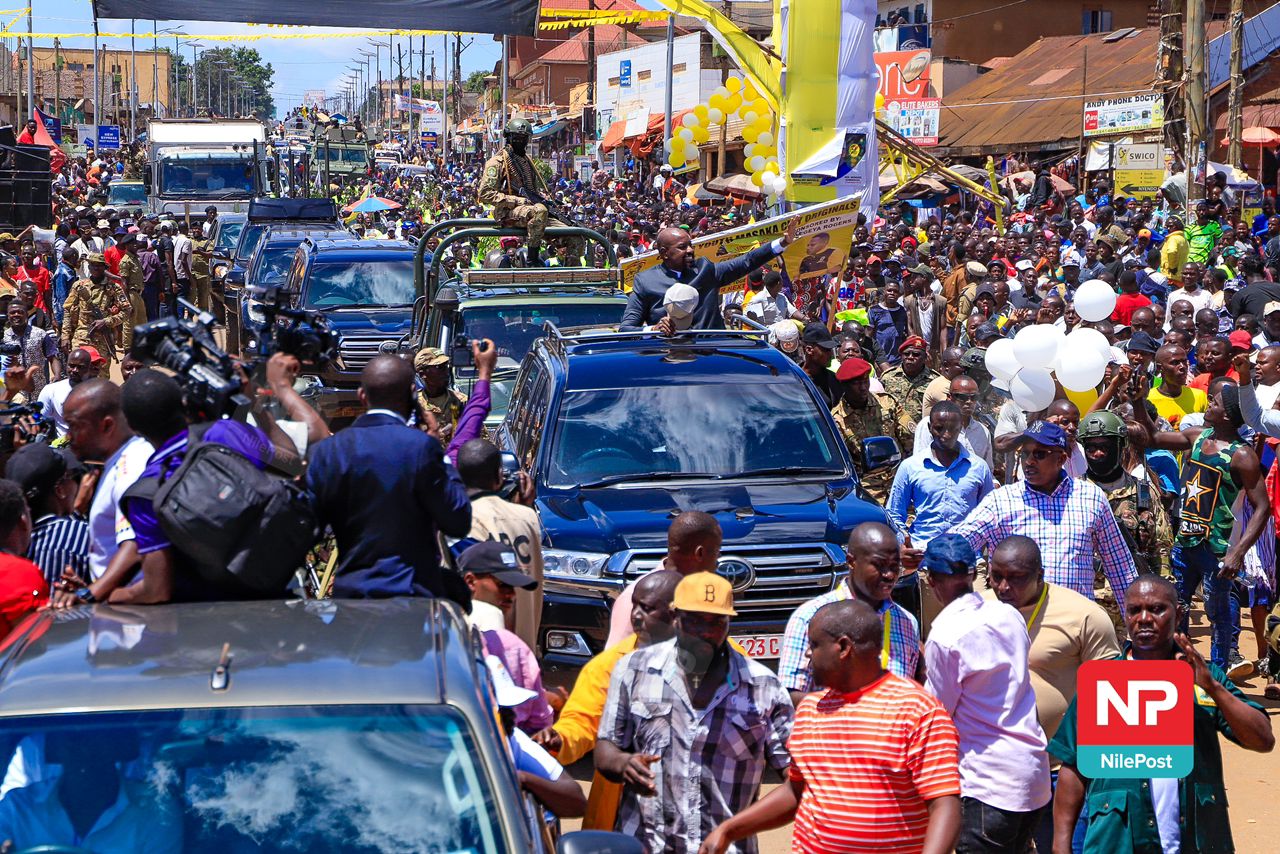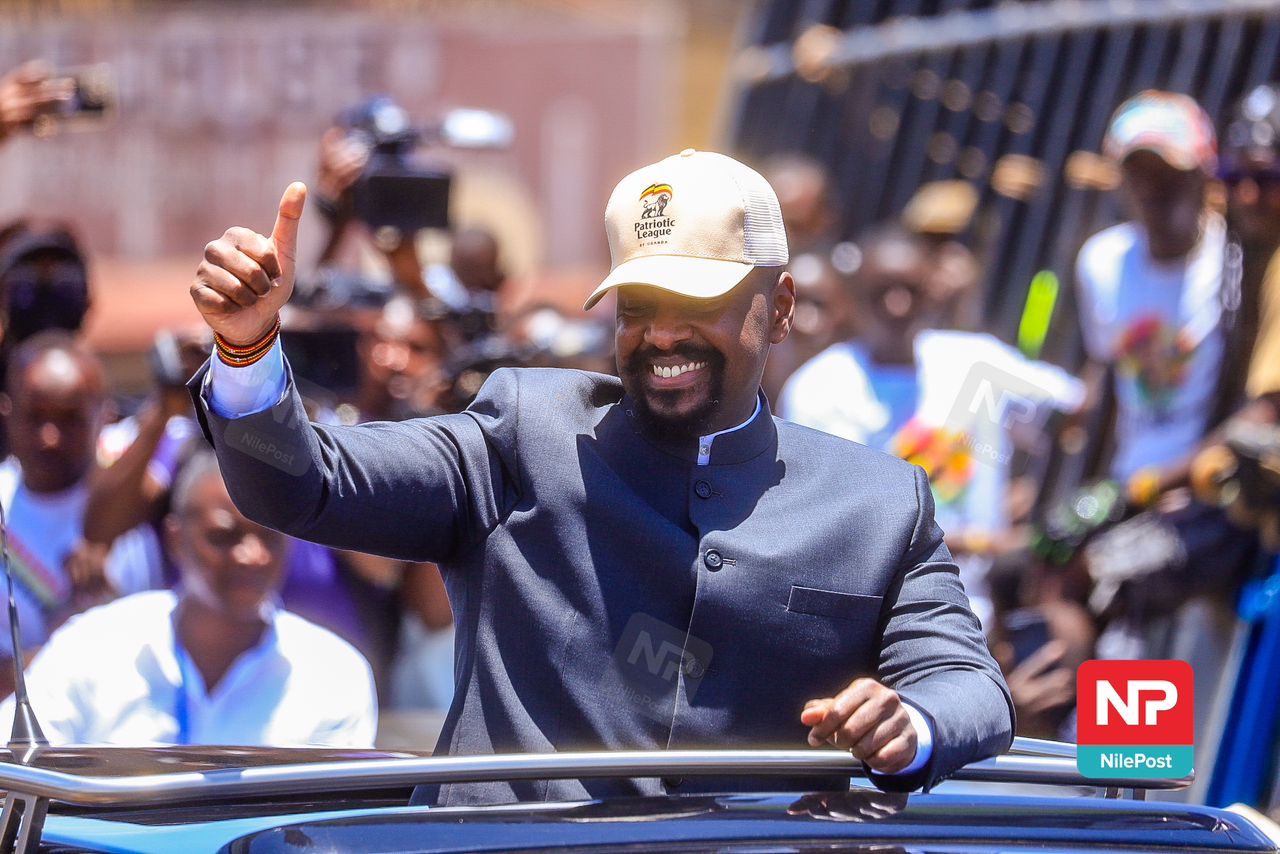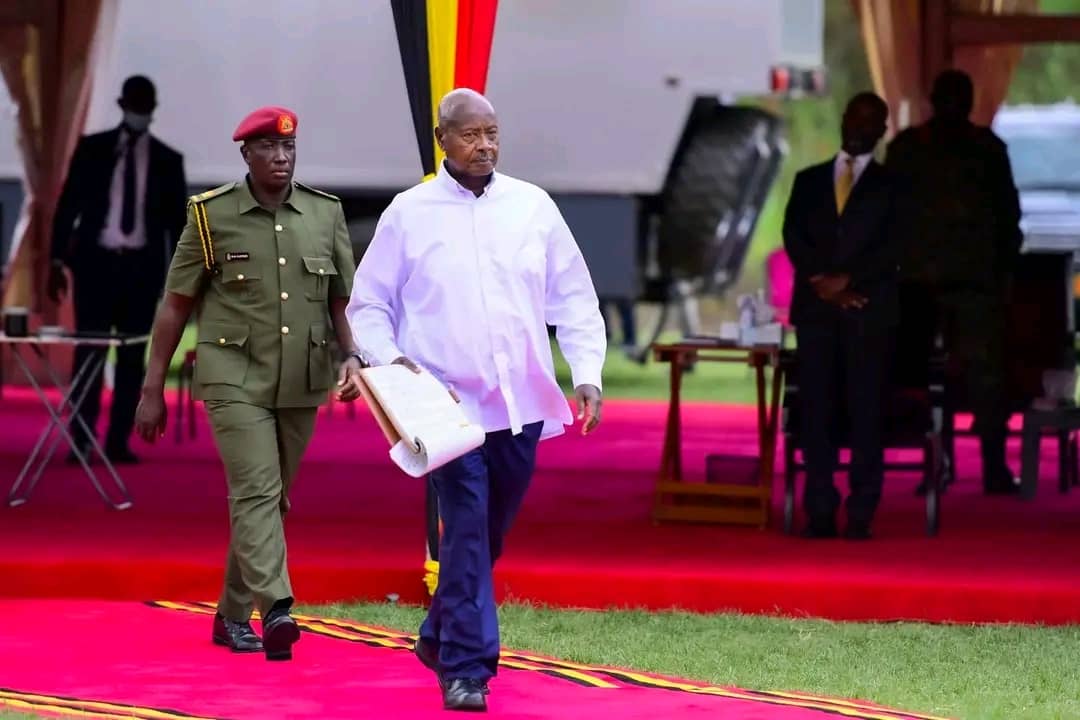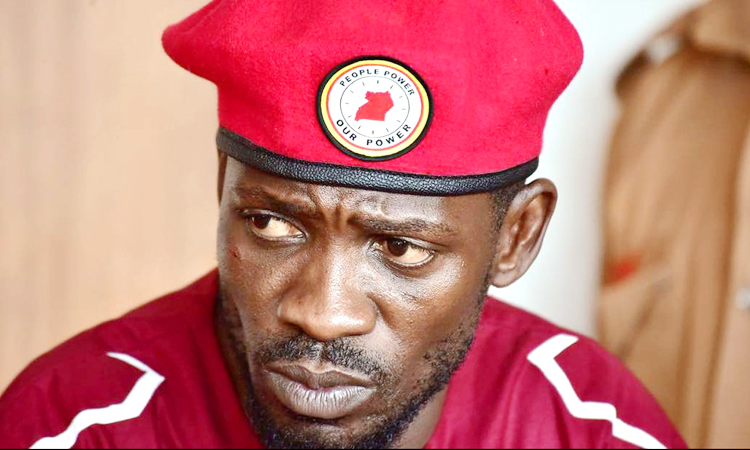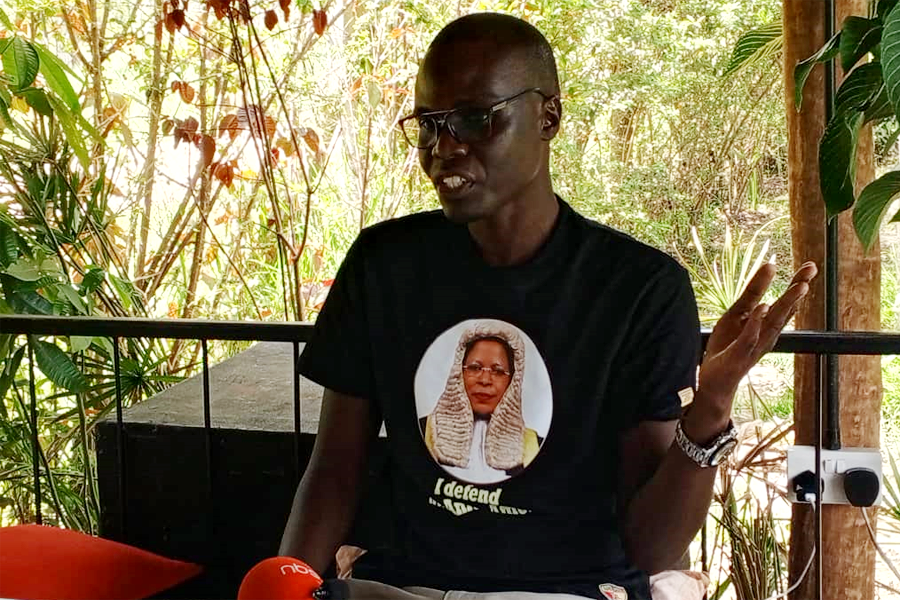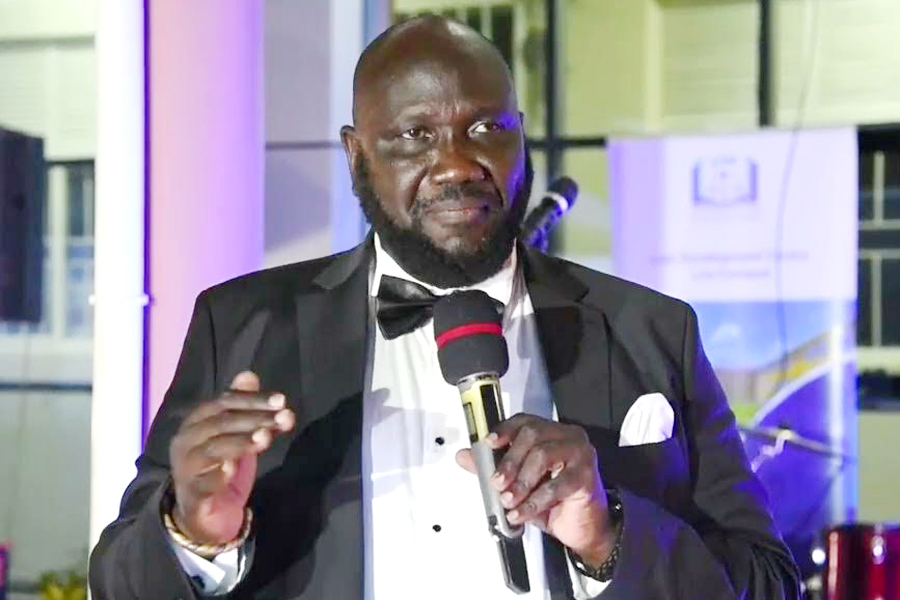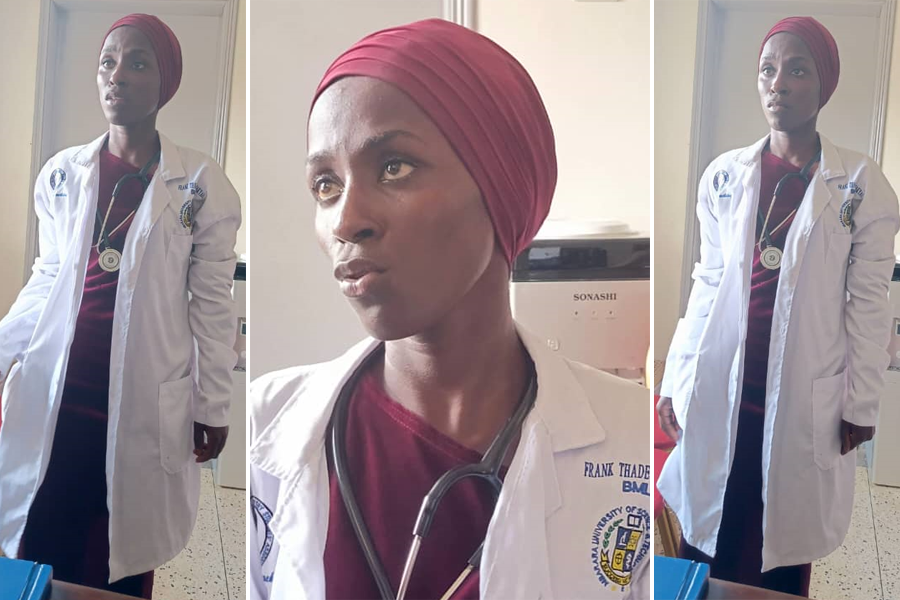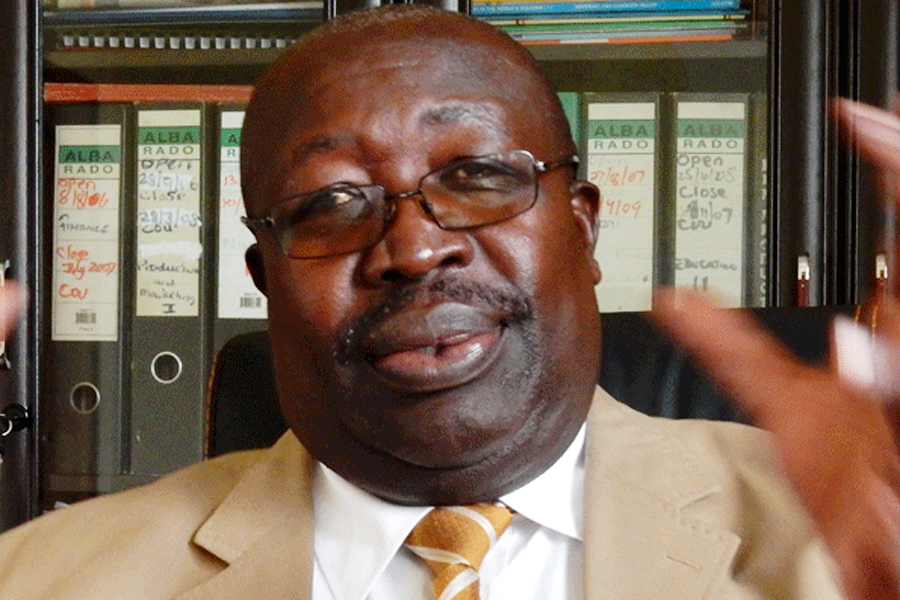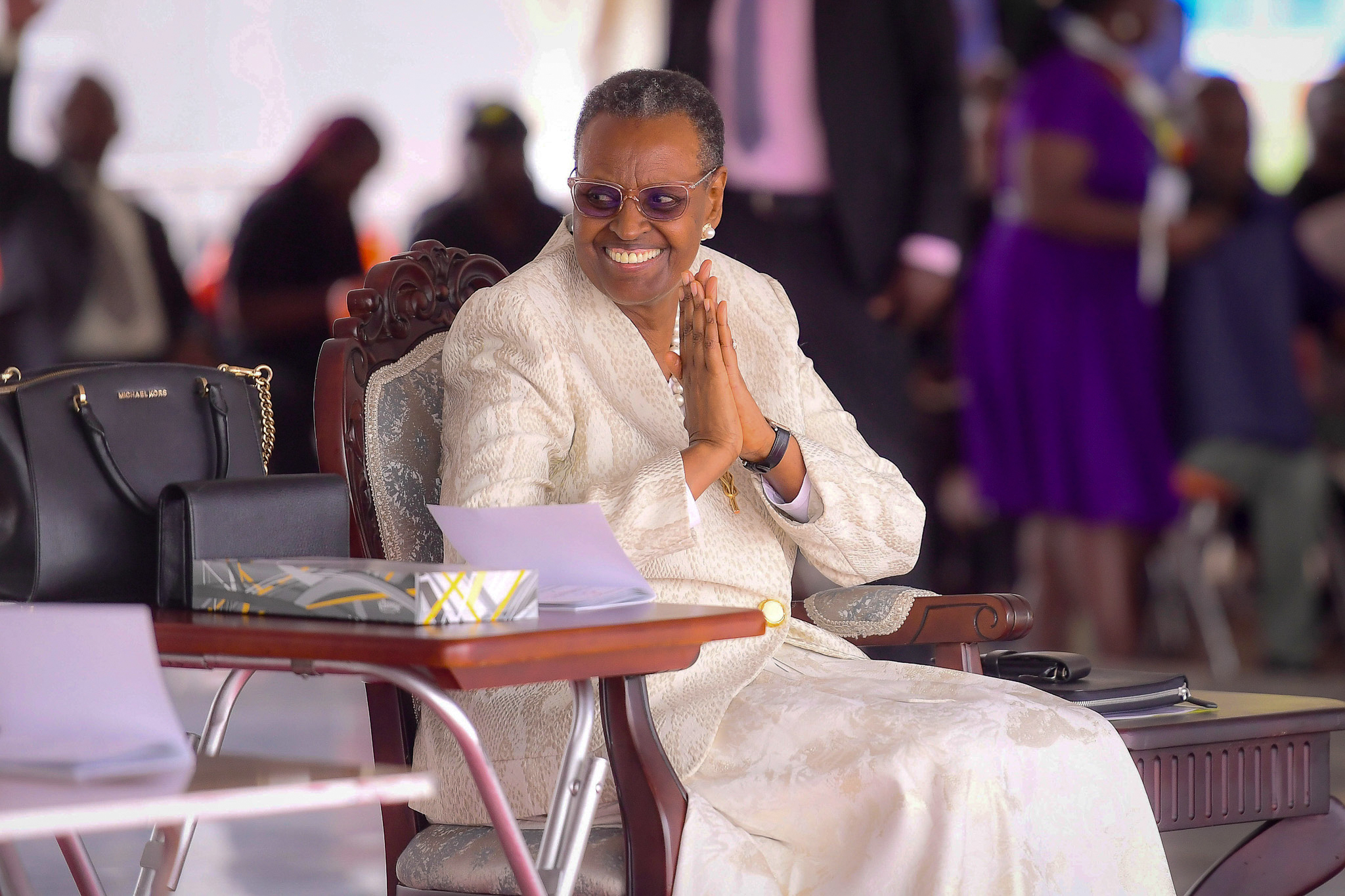Uganda's Batwa People Petition Government for Recognition and Rights
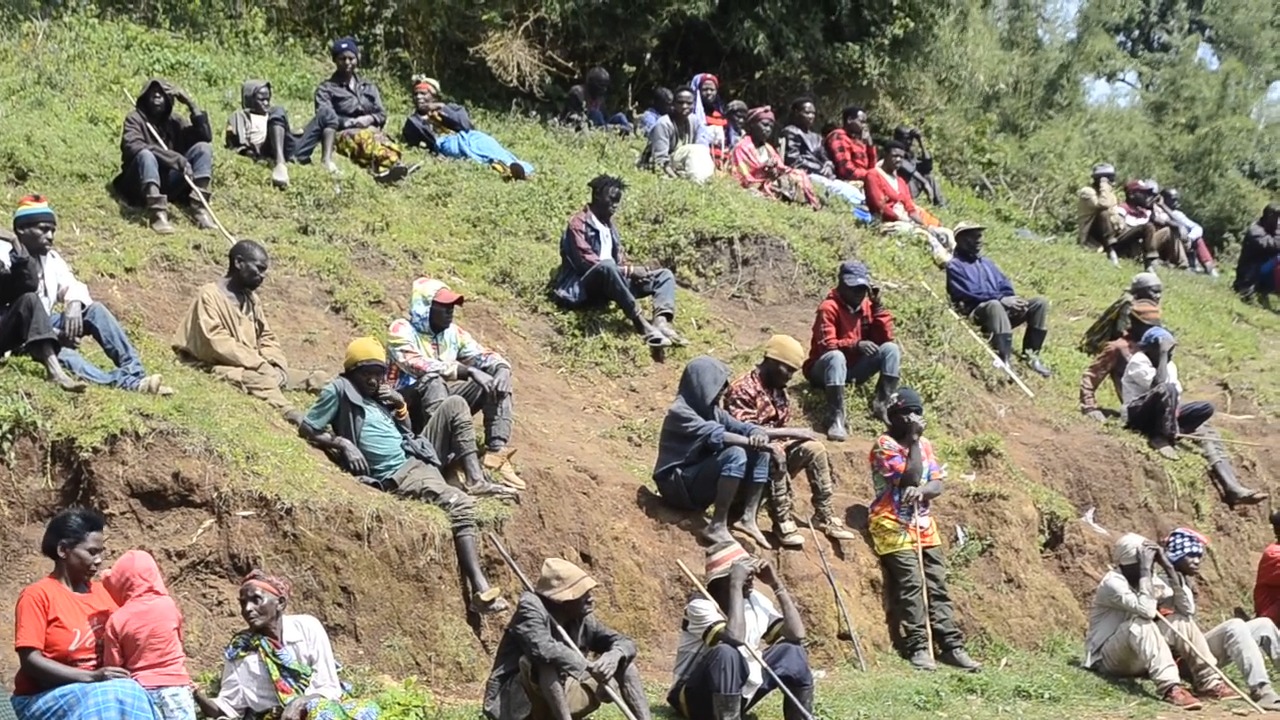
The Batwa people of Kisoro and Kanungu districts in Uganda are facing marginalization and hardship. They claim government officials fail to recognize them as Ugandan citizens, leading to a lack of access to essential services and programs.
A Life of Struggle
The Batwa people describe their situation as one of "dejection, devastation, and desperation." They are denied access to government programs, facilities, and national identity cards. This exclusion makes it difficult for them to secure necessities and participate fully in Ugandan society.
Keep Reading
Seeking Inclusion Through Petition
Having long sought government intervention, the Batwa have formally petitioned the state minister for defence, Hon Sarah Mateke. Their petition highlights the challenges they face, including:
- Denial of access to government programs and facilities
- Lack of national identity cards
A History of Displacement
The Batwa's plight stems partly from their eviction from the Bwindi, Mgahinga, and Echuya forests in the 1990s. These areas were converted into wildlife parks to protect endangered mountain gorillas.
Resettlement Challenges
While some Batwa families received farmland after eviction, many lacked the necessary skills for its cultivation. This resulted in land sales and further dispersion, forcing them to rely on charity in urban areas.
Uncertain Future
There are concerns that even if the government allocates land for resettlement, some Batwa may struggle to adapt. Their traditional way of life centred on hunting, cultural practices, and dependence on NGOs, might pose challenges in a settled agricultural setting.
The Batwa Population
Estimates suggest there are over 3,000 Batwa people in Kisoro and Kanungu, spread across more than 900 households.
A Call to Action
The Batwa people's petition sheds light on a critical issue of indigenous rights and social inclusion in Uganda. Addressing their grievances and ensuring their access to basic rights and opportunities is crucial for a more equitable and just society.


